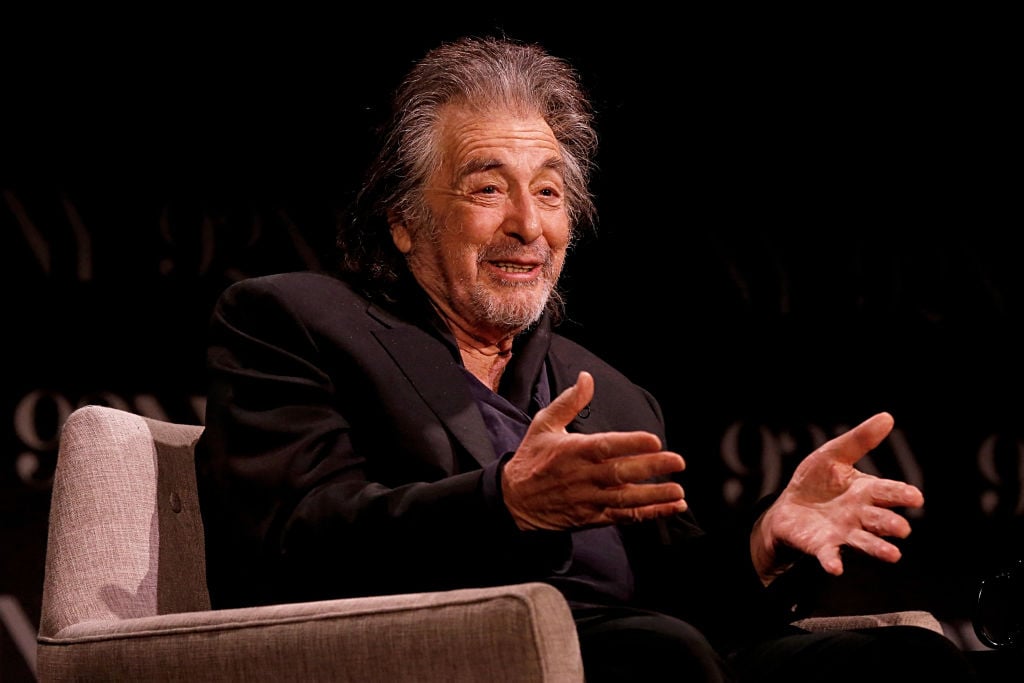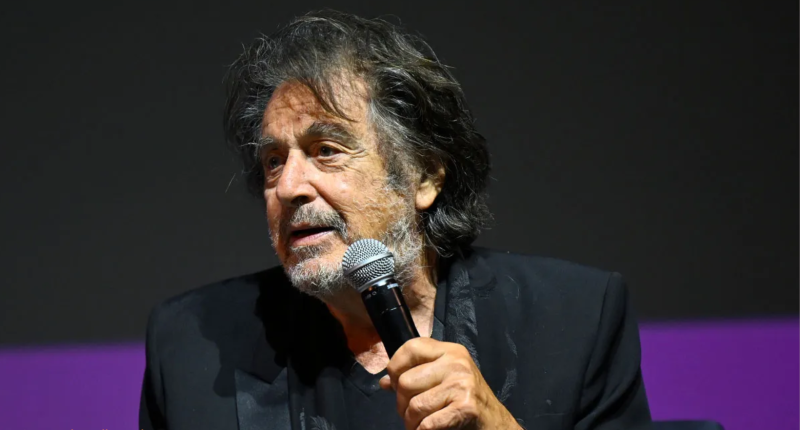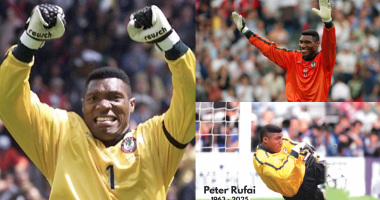- Al Pacino’s financial crisis reveal that even the most celebrated actors can face tough times. He reportedly lost around $50 million and had to pivot by taking on roles in films that weren’t as prestigious.
- His extravagant lifestyle played a major role in his financial challenges. Yet, despite these obstacles, Pacino stays active in the film scene and continues to earn from his classic films.
- He stresses how crucial it is to seek professional advice when making future financial choices.
Al Pacino, a name that resonates with film excellence, recently shared his unexpected financial difficulties in his memoir, Sonny Boy.
Despite a career filled with legendary roles in movies like The Godfather and Scarface, the actor experienced a major setback that left him in a tough financial spot.

This story not only highlights the struggles that come with losing wealth but also showcases the strength needed to get through such a challenging time.
In 2011, Pacino learned the harsh truth that he had fallen victim to a dishonest accountant who mishandled his money. At first, he didn’t realize just how serious the situation was, thinking he was safe with about $50 million saved up. However, when he started getting alerts about his accountant’s reliability, he sensed something was wrong.
After digging deeper, he discovered that his financial outlook was bleak; his savings had completely disappeared due to the accountant’s deceitful actions, which included a Ponzi scheme. The accountant ended up serving seven and a half years behind bars for these crimes.

Al Pacino’s financial woes were worsened by his lavish spending habits. He rented extravagant homes and enjoyed pricey vacations, which only deepened his financial troubles.
Al Pacino says he started taking movie roles for the money at 70 because “I was broke. I had $50 million, and then I had nothing.”
— Film Updates (@FilmUpdates) October 16, 2024
The actor's accountant “was not to be trusted” and served seven and a half years in prison for running a Ponzi scheme. pic.twitter.com/hd5phynKcb
After returning from one of those trips, he was hit with the reality of an empty bank account and mounting bills, including $400,000 owed to a landscaper. The once-admired actor found himself struggling to reconcile his former lifestyle with his new financial hardships.
At the age of 70 and facing financial disaster, Pacino had to make quick adjustments. He took on roles in films that he might have previously turned down for lacking artistic value.
One such project was Jack and Jill, a comedy featuring Adam Sandler. Although the film was not well-received by critics, it offered Pacino the financial boost he desperately needed during a time when he had to focus on income rather than artistic integrity. He openly admitted that he took the role mainly because he was in need of money.
This change in his career marked a significant shift from Pacino’s earlier days, when he carefully picked roles based on personal connection and character depth. The financial pressure pushed him to rethink what being an actor meant at this point in his life. As he expressed in his memoir,
“The big paydays that I was used to just weren’t coming around anymore.”
Despite facing these hurdles, Pacino’s determination shone brightly. He kept working on various projects and found some stability through residuals from past hits like Scarface. He recognized that while he could get by on these earnings if he kept a simple lifestyle, it was crucial for him to seek solid financial guidance moving forward.
Also Read | Drake Denies Secret Daughter Rumors Amid Kendrick Lamar’s Controversial Lyrics
Last Updated on October 16, 2024 by 247 News Around The World











